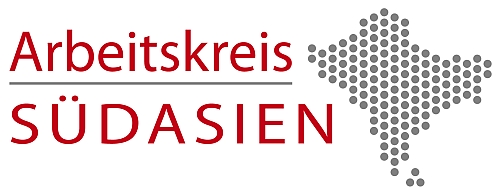The 13th Annual Meeting of the Arbeitskreis Südasien of the Deutsche Gesellschaft für
Geographie (DGfG) will take place on February 3rd and 4th 2023 at the Centre for Econics and Ecosystem Management at University for Sustainable Development Eberswalde (HNEE).
The annual meeting provides a space to exchange about ongoing projects, research results and
methodological challenges of geographers and scientists from neighbouring disciplines
working on South Asia. It will serve as a platform for intradisciplinary and interdisciplinary exchange about current developments in the diverse and rapidly changing South Asian region.
The event aims to address scholars as well as practitioners and teachers, whose focus of work
and interest lies in South Asia. Contributions from Physical Geography and Human Geography
are equally welcome, so are contributions from neighbouring disciplines. Although pandemic restrictions have gradually lifted in the previous year, we understand that fieldwork abroad may still be limited. Therefore we explicitly welcome conceptual papers, papers discussing developments in South Asia based on secondary data and contributions regarding the future of geographical work in the region are explicitly.
Please send abstracts with a maximum of 400 words to Mehwish Zuberi by October 15th, 2022. The annual meeting’s lingua franca is English.
The meeting is primarily planned as an in-person event, but for those facing travel difficulties or other restrictions, we will enable online participation through a limited hybrid format. We hope to restore the AK annual meeting as a physical space to connect and reconnect with peers working in the field of geography in South Asia. Nevertheless, should the situation of the pandemic require so, we reserve the right to conduct the meeting completely online. A final decision will be communicated four weeks prior to the event.
It is possible for paper contents to be published in the form of an extended abstract in the
conference proceedings. This will be published in the series of papers of the Arbeitskreis.
For the preparation team
Michael Spies and Mehwish Zuberi
